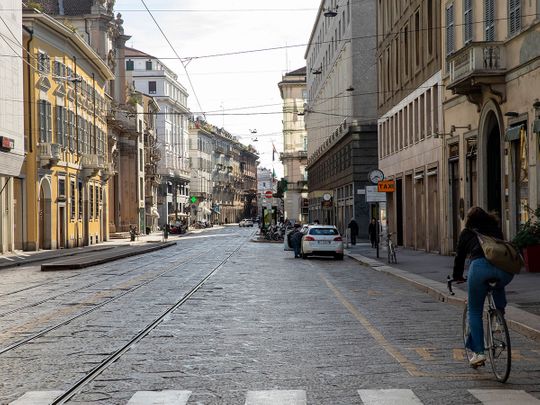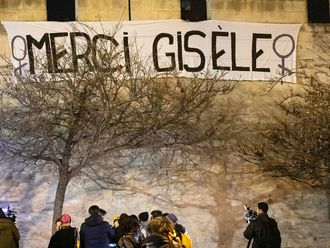
Rome: Italy will reopen to tourists from early June and scrap a 14-day mandatory quarantine period, the government said Saturday, as it quickened the country's exit from the coronavirus lockdown.
Italian Prime Minister Giuseppe Conte enforced an economically-crippling shutdown in early March to counter a global pandemic which official records show has killed over 31,500 people in the country.
The shutdown has effectively ended all holidaymaking in a country heavily dependent on the tourism industry.
Although Italy never formally closed its borders, and has allowed people to cross back and forth for work or health reasons, it banned movement for tourism and imposed a two-week isolation period for new arrivals.
Beginning on June 3, all visitors will be allowed back into the country and will no longer be obliged to self-isolate. Italians will also be able to move between regions, though local authorities can limit travel in specific areas if infection numbers spike.
Movements to and from abroad can be limited by regional decree "in relation to specific states and territories, in accordance with the principles of adequacy and proportionality to the epidemiological risk," the government said.
The peak of Italy's contagion passed at the end of March, but with officials warning a second wave cannot be ruled out, Conte had been reluctant to lift the lockdown quickly.
His softly-softly approach however has frustrated many of Italy's regions, with some going ahead and opening everything from restaurants to beaches early.
Italy's restaurants, bars and hairdressers are being allowed to reopen on Monday, two weeks earlier than initially planned. Shops will also open and Italians will finally be able to see friends, as long as they live within their same region.
Church masses will begin again, but the faithful will have to follow social distancing rules and holy water fonts will be empty. Italy's mosques will also reopen.
Regions will be able to decide how far apart clients should be in restaurants and other public places, or use the government's regulations, drawn up in collaboration with its scientific advisors.
Group gatherings remain banned.












